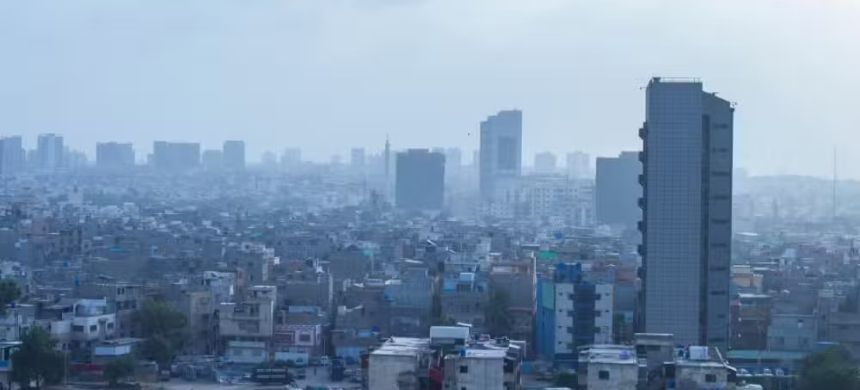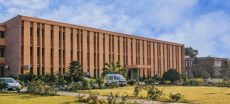The Sindh government has approved development funds worth Rs. 2.89 billion for multiple infrastructure and public welfare projects across Karachi. The initiative aims to improve roads, utilities, and essential services under the Karachi Development Authority (KDA).
The approval came during a meeting of the Sindh Cabinet’s Finance Committee, chaired by provincial ministers Nasir Hussain Shah, Ziaul Hassan Lanjar, and Saeed Ghani. Senior officials from various provincial departments attended the meeting to review budget allocations and financial plans.
According to official reports, the Local Government Department proposed transferring key development schemes to the KDA. The decision was made because the Karachi Metropolitan Corporation (KMC) lacked sufficient capacity to manage new infrastructure projects. Officials said the move is crucial, as several KDA-led projects have faced delays due to limited funding and administrative challenges.
Among the approved allocations, Rs299 million were granted to the Transport Department for purchasing electric bikes for women under a non-ADP (Annual Development Programme) scheme. Another major allocation was for a water supply project that will serve 35 villages in Gadap Town, Malir, using water drawn from the M-9 Superhighway.
In addition, salaries for Rescue 1122 employees serving in flood-hit areas will be funded through World Bank assistance. The Sindh government also sanctioned increased project costs for the Nawabshah–Saeedabad road, construction of a new drainage system under ADP Scheme No. 3332, and the purchase of essential vaccines for the Health Department.
The Finance Committee also approved proposals from the Works, Culture & Tourism, Climate Change, and Coastal Development departments. However, schemes from departments whose secretaries were absent were postponed until the next meeting.
In other related news also read Karachi Roads Get Relief As Sindh Bans Heavy Vehicles
These development measures reflect Sindh’s focus on urban improvement and sustainable infrastructure, especially in Karachi, where rapid population growth continues to pressure public services and urban systems.











